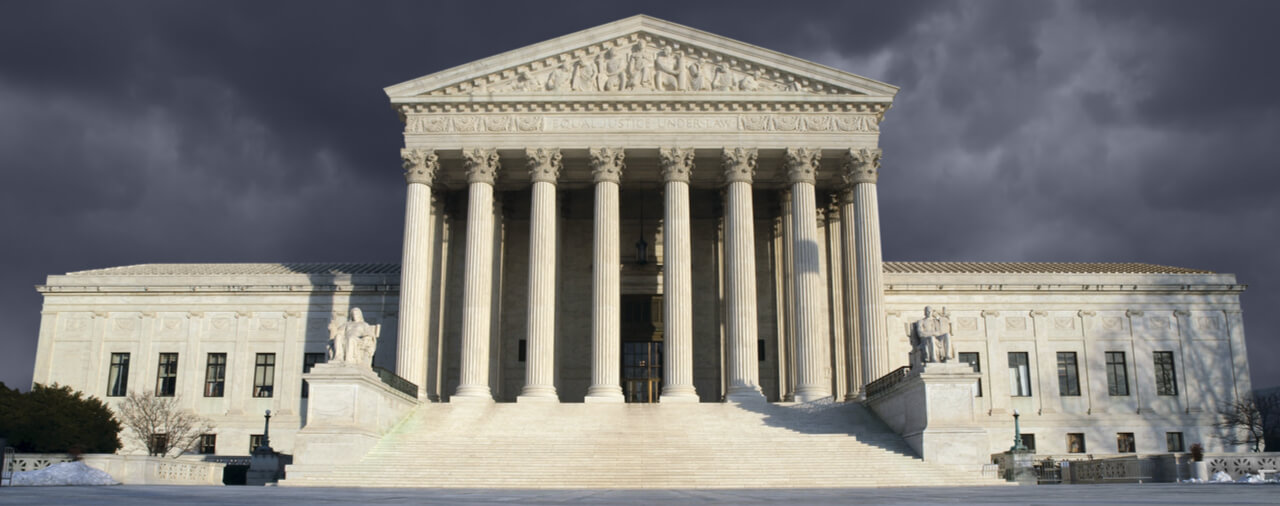Justice Neil Gorsuch Authors First Opinion on Supreme Court
On June 12, 2017, Justice Neil Gorsuch authored his first opinion as a Justice of the Supreme Court of the United States.
Justice Gorsuch wrote for a unanimous court in Henson v. Santander Consumer USA Inc., 582 U.S. ___ (2017) [PDF version]. The Court held that the Fair Debt Collection Practices Act, which authorizes private lawsuits and fines to deter certain debt collection practices, does not apply to entities that purchase debt and then attempt to collect the debt. In short, the Court found that such entities were not “debt collectors” under the plain language of the statute.
Because the decision has no bearing on immigration law, we will not examine it in any detail. However, after our coverage of Justice Gorsuch's nomination and confirmation, I thought it was worth sharing [see blog]. One key passage in the decision may provide a window into Justice Gorsuch's broader views of interpreting statutes:
And while of course it is our job to apply faithfully the law Congress has written, it is never our job to rewrite a constitutionally valid statutory text under the banner of speculation about what Congress might have done had it faced a question that, on everyone's account, it had never faced.
This portion of Justice Gorsuch's opinion in Henson v. Santander Consumer USA Inc. is hardly controversial in the abstract — evinced by the fact that his eight colleagues on the Supreme Court joined in full in the deciaion. However, it should be instructive to those who are not intimately familiar with the work of the judiciary and the practice of statutory interpretation. The job of the Court is to interpret statutes. If a statute is constitutional, it is not the job of the Court to divine what Congress may have done in addressing a separate issue not covered by the statute. This principle even applies to laws that judges may find to be lacking in one policy sense or another (indeed, Justice Gorsuch implied that it is possible Congress would write the statute different if it was doing so now). Justice Gorsuch's predecessor, Justice Antonin Scalia, would often remind audiences that it is possible for a law to be both “stupid” and “constitutional.”
Henson v. Santander Consumer USA Inc., is unlikely to be a long-remembered decision. It applies basic principles of statutory interpretation to the unambiguous language of a single statute. In general, new Justices are usually assigned proverbially “easy” decisions for their first assignments on the bench. With hope, this decision will represent the first of many solid efforts in what promises to be a long tenure for Justice Gorsuch on the Supreme Court.

- Alexander J. Segal's blog
- Log in to post comments
